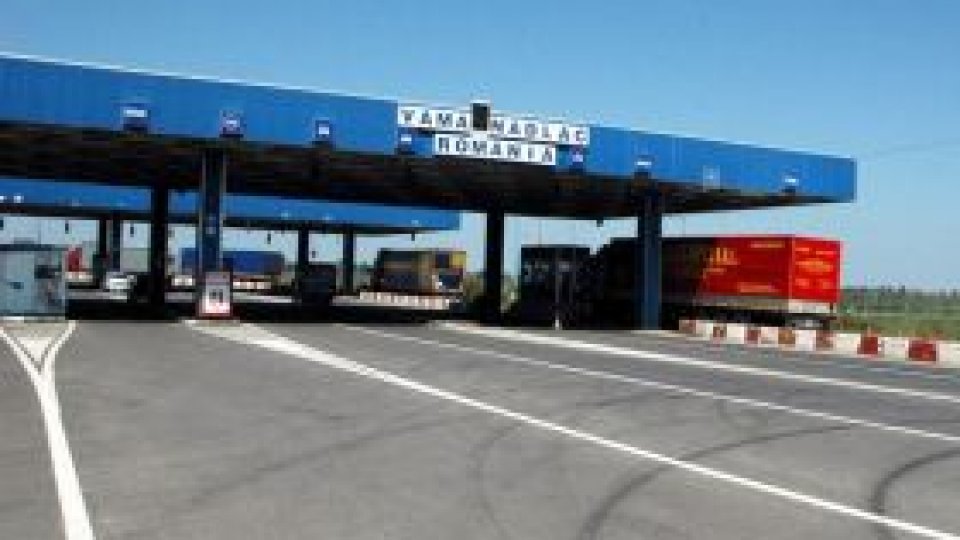Romania has Dutch "conditional support" to join Schengen zone
The Netherlands will support Romania’s bid for the Schengen zone provided that our country shows irreversible progress in justice, Ben Knappen, the Dutch minister of European Affairs says.

Articol de Carmen Gavrilă, 12 Mai 2011, 10:51
The Netherlands will only agree to Romania’s integration into the Schengen zone if our country shows irreversible progress in justice and anti-corruption reforms, the Dutch minister of European Affairs, Ben Knappen, stated at Bucharest today after a meeting with the Romanian Foreign Affairs minister, Teodor Baconschi.
The Dutch minister pointed out that a mere positive report on justice from the EC this summer will not suffice for The Netherlands to support Romania’s bid.
Ben Knappen added that the Netherlands will analyze Romania’s progress and decide if it is irreversible based on the report in the summer.
The Dutch minister also added that he cannot explain what irreversible progress means until the EC present their report on justice reforms this summer.
Justice report, "essential to Schengen bid".
Germany "is going to support Romania’s and Bulgaria’s bid"if the summer report on justice reforms is positive, the President of the Committee on the Affairs of the European Union in Bundestag says.
According to Novinite, the President of the Committee on the Affairs of the European Union in Bundestag, Gunther Krichbaum, says that Germany will support or oppose the integration of the two states based on the progress recorded in the Justice Monitoring Mechanism in the areas controlled by the European Commission.
Romania and Bulgaria were not admitted into the Schengen zone in March because of dissatisfaction with frontier security.
"Germany will present its official stand after the report on justice reforms is published by the European Commission this summer".
"If the report is favorable, Germany will not oppose Bulgaria’s integration", Gunther Krichbaum said in his visit to Sofia.
Moreover, the two countries were struck at the political opposition from key member states, such as France, Germany or The Netherlands, whose governments demanded that the integration be decided based on the results of post EU integration monitoring in key areas, such as organized crime or justice reforms.
Translated by: Gabriela Lungu
MA Student, MTTLC, Bucharest University














